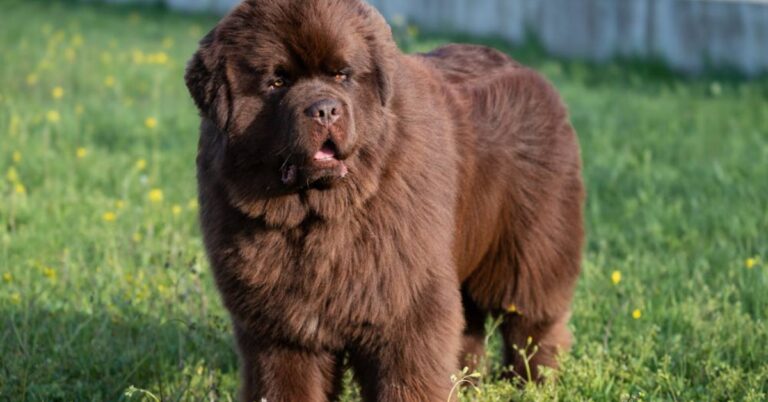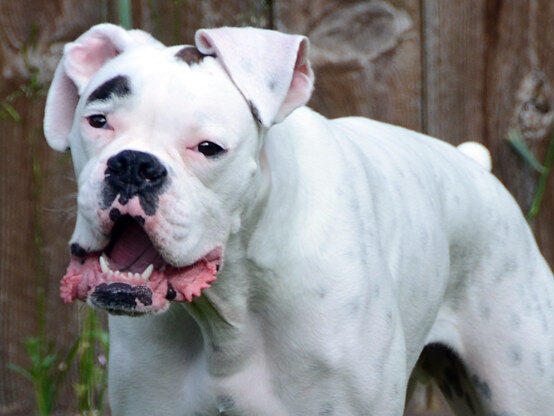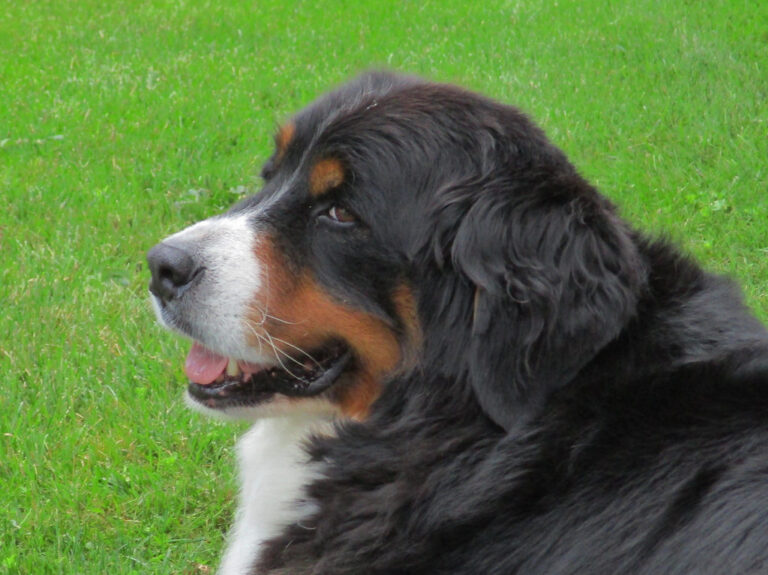10 Facts That Make Bloodhounds One Of A Kind
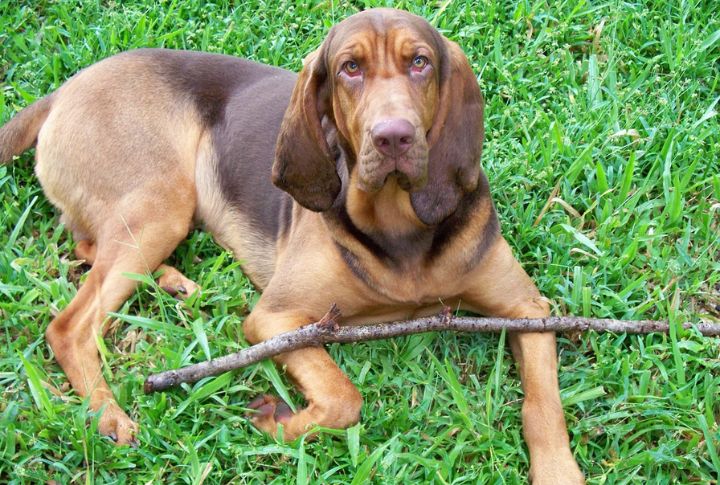
The bloodhound stands out the moment it enters a room. Built for purpose, it carries a steady, unmistakable presence. But there’s more beneath the surface. Spend a little time around one, and everything from its behavior to its background begins to leave a lasting impression, as the facts ahead clearly show.
The Breed’s History Runs Deep
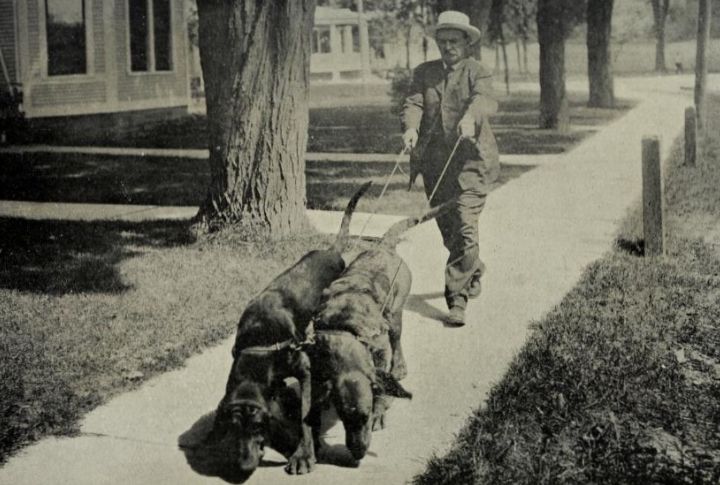
Bloodhounds were originally bred by European monks hundreds of years ago. Their name comes from their carefully preserved bloodline, not their hunting ability. Over time, breeders focused on sharpening their tracking skills, giving the bloodhound the powerful nose it’s known for today.
That Nose Is One Of A Kind
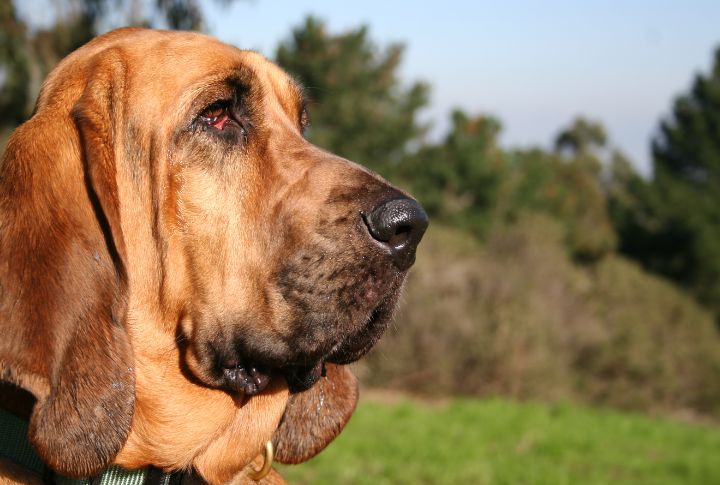
A bloodhound’s sense of smell ranks among the strongest in the animal kingdom. With nearly 300 million scent receptors, it can track a person’s scent long after they’ve left the area. That’s why it’s often used in search and rescue missions across various terrains.
Ears That Help With Tracking
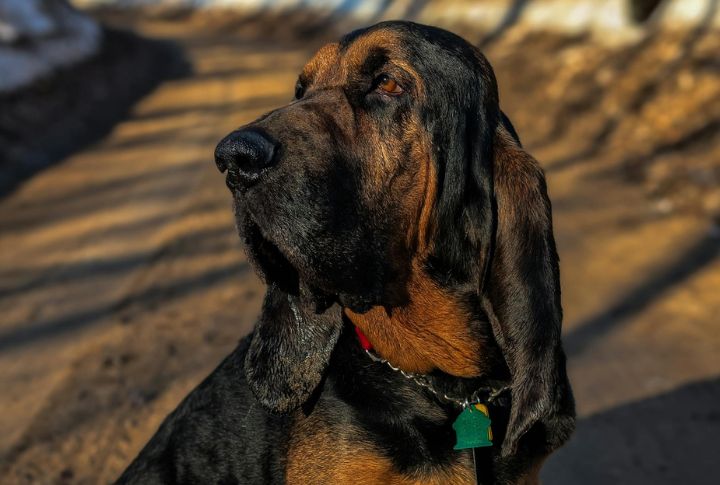
Long, floppy ears might look funny, but they serve a purpose. As the Bloodhound sniffs the ground, those ears drag along and stir up scent particles, guiding them toward the nose. The folds of skin on its face also help trap smells while the dog stays on the trail.
Independent Thinkers
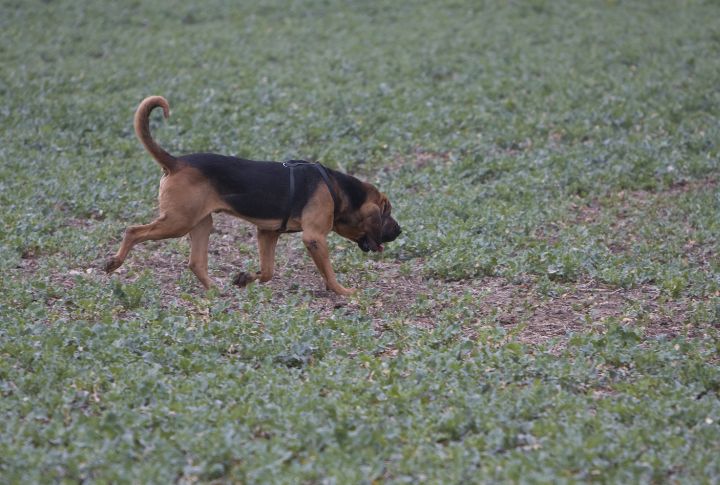
Though they’re incredibly trainable, bloodhounds are also independent thinkers. This trait is helpful during tracking, where they must make decisions about which scent to follow. However, this can sometimes translate into a stubborn streak, especially when they think they know the better course of action.
Sensitive To Their Handler’s Emotions
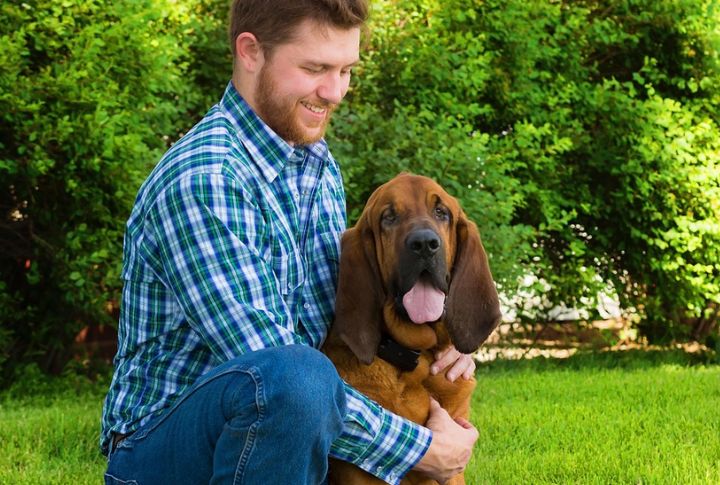
Bloodhounds are surprisingly sensitive to the emotions of their handlers. They can sense shifts in mood and will often react accordingly. This empathetic trait helps them bond deeply with their owners, making them excellent companions for those who need emotional support.
The Voice Travels Far
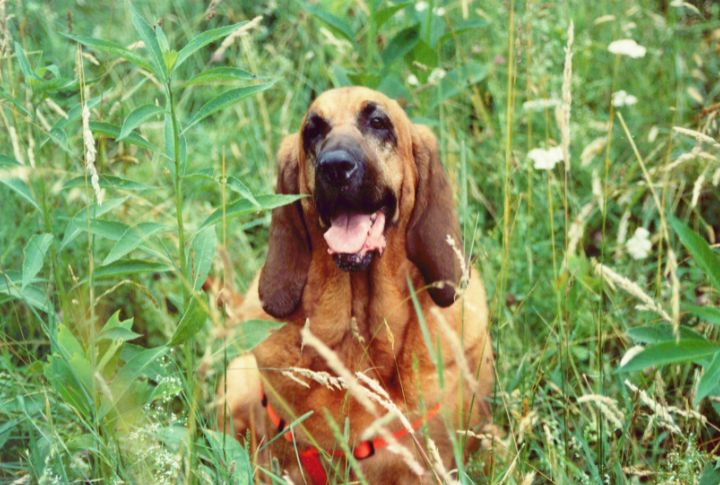
A deep baying sound is part of the bloodhound’s charm. It developed a howl that helped hunters locate it from far away. In a home setting, the sound can be surprising. Some howl when bored or excited, and the volume can catch neighbors off guard.
Not The Cuddliest Companion
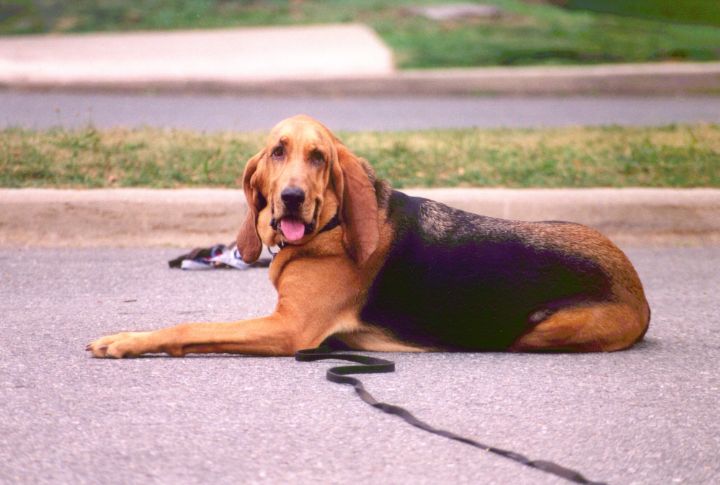
Despite being affectionate, this dog doesn’t always seek constant contact. It may lie nearby or quietly follow its person but doesn’t beg for attention. Its independence developed through years of focused work and is still shown in how the breed behaves at home today.
Grooming Is Surprisingly Simple
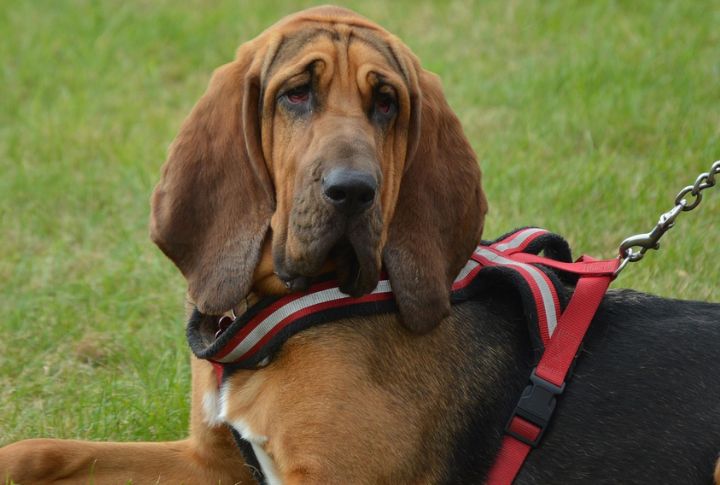
Short fur makes grooming relatively easy. A weekly brush helps reduce shedding and keeps the coat clean. Ears, however, need regular attention. Because they hang low and stay moist, they’re prone to infections. Keeping them dry and clean goes a long way toward preventing problems.
Not Ideal For Small Apartments
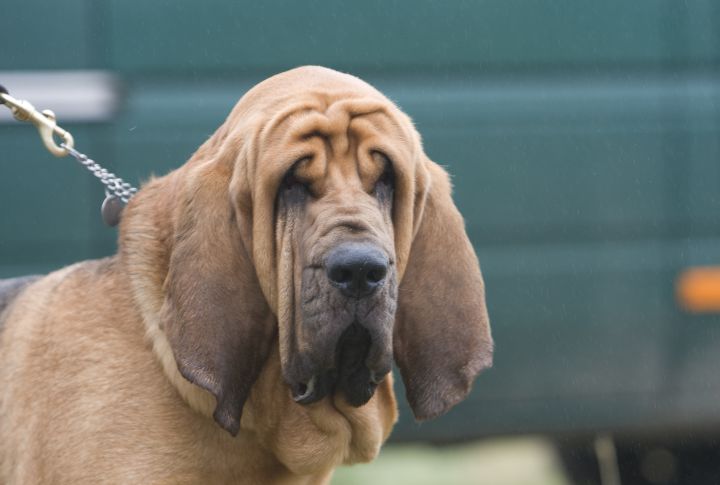
Space helps this breed thrive; bloodhounds do better in homes with access to a yard or open walk areas. Tight spaces can be frustrating for a dog that wants to sniff everything. They don’t need to run constantly, but they appreciate room to stretch.
Recognized For Trail Accuracy
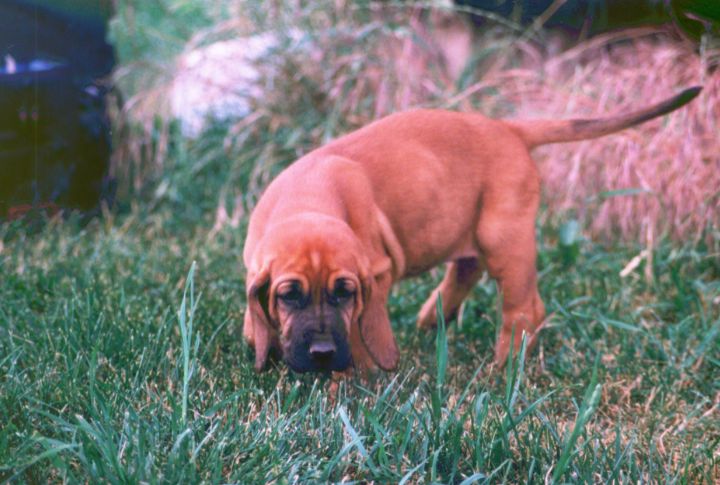
Unlike many dogs that may lose a scent trail, the bloodhound can follow a specific individual’s path with remarkable accuracy. It can ignore other scents and stay true to one target, which proves incredibly useful in both wilderness searches and crowded urban areas.

